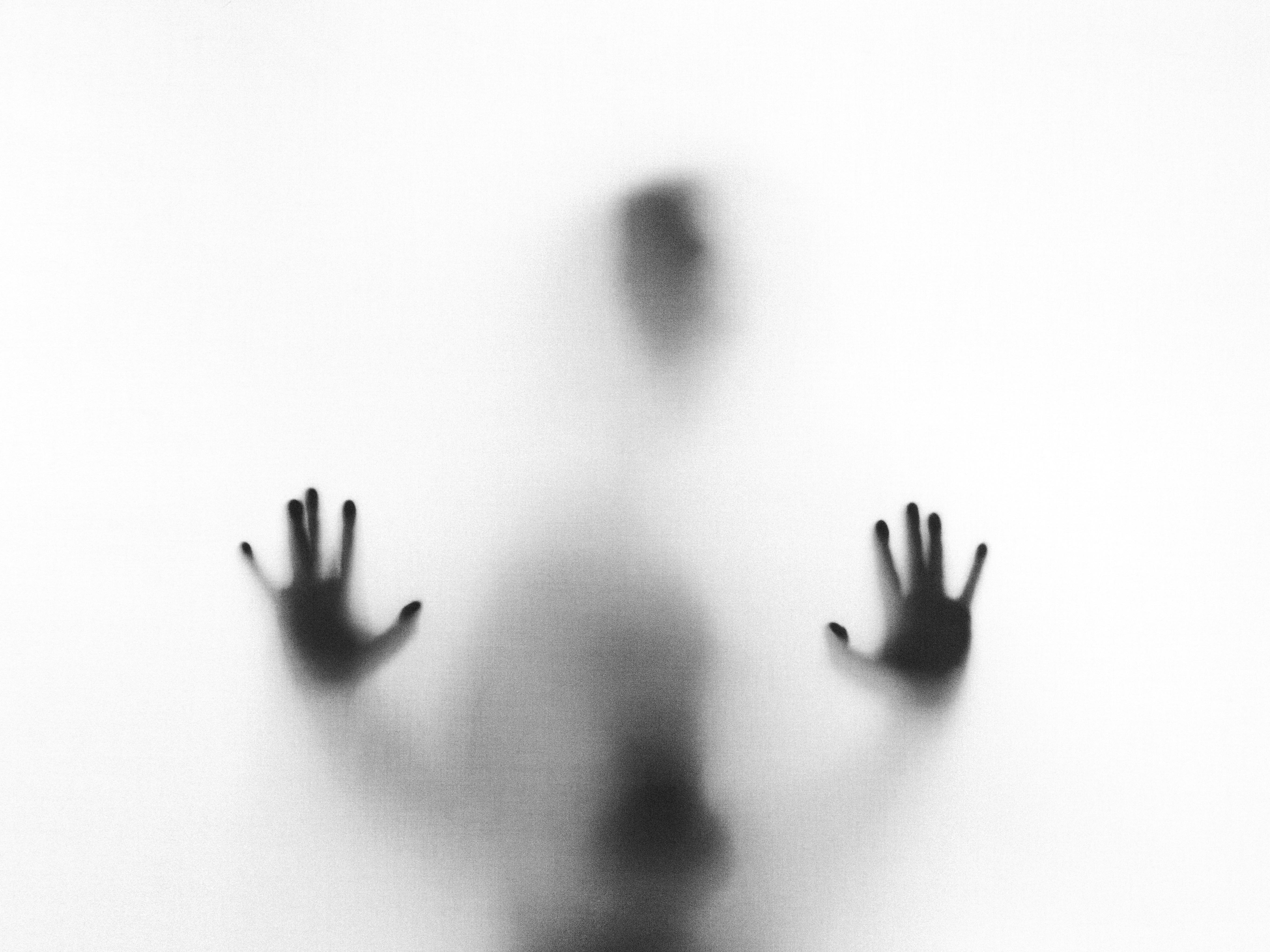In the ever-evolving landscape of cinema, genre films—particularly horror and comedy—often find themselves at the mercy of critics who may not fully appreciate their unique artistry and cultural impact. Despite their popularity and profound influence on audiences, these films are frequently dismissed as lesser forms of entertainment, overshadowed by their more “serious” counterparts. This article delves into the critical biases that shape the reception of genre films, questioning whether the scrutiny they face is disproportionately harsh. By examining the nuances of these genres and their capacity to both entertain and provoke thought, we aim to uncover whether the critical lens applied to them is justified or simply a reflection of entrenched prejudices within the cinematic community.
Understanding the Critics Lens: Biases Against Genre Films
Critics often approach genre films through a lens that may be unconsciously tinted with biases, stemming from traditional notions of what constitutes “serious” cinema. Horror and comedy, in particular, face scrutiny due to their perceived lack of depth or artistic merit. This critical stance can be traced back to several factors:
- Historical Prejudice: Genres like horror and comedy have historically been seen as less sophisticated, often dismissed as mere entertainment rather than art.
- Cultural Elitism: There exists a notion that films which prioritize entertainment value over complex narratives or profound themes are less worthy of acclaim.
- Emotional Impact: The visceral reactions elicited by horror and the laughter incited by comedy are sometimes undervalued compared to the emotional responses evoked by dramas.
Such biases can lead to a skewed evaluation where the innovative storytelling and cultural commentary often embedded within these genres are overlooked. By acknowledging these biases, critics can strive for a more balanced and inclusive perspective, appreciating the unique contributions genre films make to the cinematic landscape.

Evaluating Artistic Merit: Why Horror and Comedy Deserve Respect
Genre films, particularly horror and comedy, often face a critical bias that dismisses their artistic value. This oversight is unjustified as these genres require a unique blend of creativity, timing, and emotional engagement. Horror, for instance, delves into the deepest human fears, using innovative techniques to elicit genuine emotional responses. Comedy, on the other hand, expertly navigates the complexities of timing and societal commentary to provoke laughter and reflection. Both genres demand a mastery of craft that is often underestimated.
- Innovative Storytelling: Horror and comedy often push boundaries, exploring themes that mainstream cinema may shy away from.
- Cultural Reflection: Both genres serve as mirrors to society, offering insights into cultural norms and taboos.
- Technical Mastery: From the precise editing in comedies to the atmospheric sound design in horror, these films showcase high-level technical skills.
Recognizing the artistic merit in these genres not only broadens our understanding of cinema but also enriches the cultural tapestry they contribute to. It’s time to acknowledge their rightful place in the pantheon of great filmmaking.

Reframing Criticism: Embracing Genre Films Unique Contributions
Genre films, often dismissed by critics, offer a treasure trove of unique contributions that deserve recognition. Horror and comedy, in particular, provide more than just thrills and laughs; they serve as powerful vehicles for social commentary and emotional exploration. Horror delves into societal fears and personal anxieties, creating narratives that challenge our understanding of reality. Comedies, on the other hand, break down barriers through humor, offering sharp critiques of cultural norms and human behavior.
- Emotional Depth: Both genres push boundaries, evoking visceral responses that other genres might shy away from.
- Cultural Reflection: They often mirror societal issues, using metaphor and satire to provoke thought.
- Innovative Storytelling: The creative liberties in these films allow for groundbreaking narratives and stylistic experimentation.
By embracing these unique elements, critics can appreciate the rich layers and bold artistry that genre films contribute to the cinematic landscape. Such an approach not only broadens the scope of critique but also elevates the conversation around what makes a film impactful.

Encouraging Balanced Reviews: Recommendations for Fairer Critiques
In the pursuit of fairer critiques, it’s essential to acknowledge the unique qualities that genre films bring to the cinematic landscape. Horror and comedy, for instance, often aim to evoke visceral, immediate reactions, which can sometimes be misunderstood as lacking depth or artistry. Critics can adopt a more balanced approach by considering the following recommendations:
- Understand Genre Conventions: Recognize that each genre operates within its own set of rules and expectations. What might seem clichéd in one context could be a deliberate homage or subversion in another.
- Evaluate Emotional Impact: Instead of solely focusing on technical prowess, assess how effectively a film elicits its intended emotional response, be it fear, laughter, or tension.
- Appreciate Diversity in Storytelling: Genre films often explore themes and narratives that are underrepresented in mainstream cinema. Acknowledge their contribution to a more diverse cinematic dialogue.
By embracing these perspectives, critics can offer insights that are not only more nuanced but also more aligned with the filmmakers’ intentions, fostering a richer appreciation of genre cinema.

